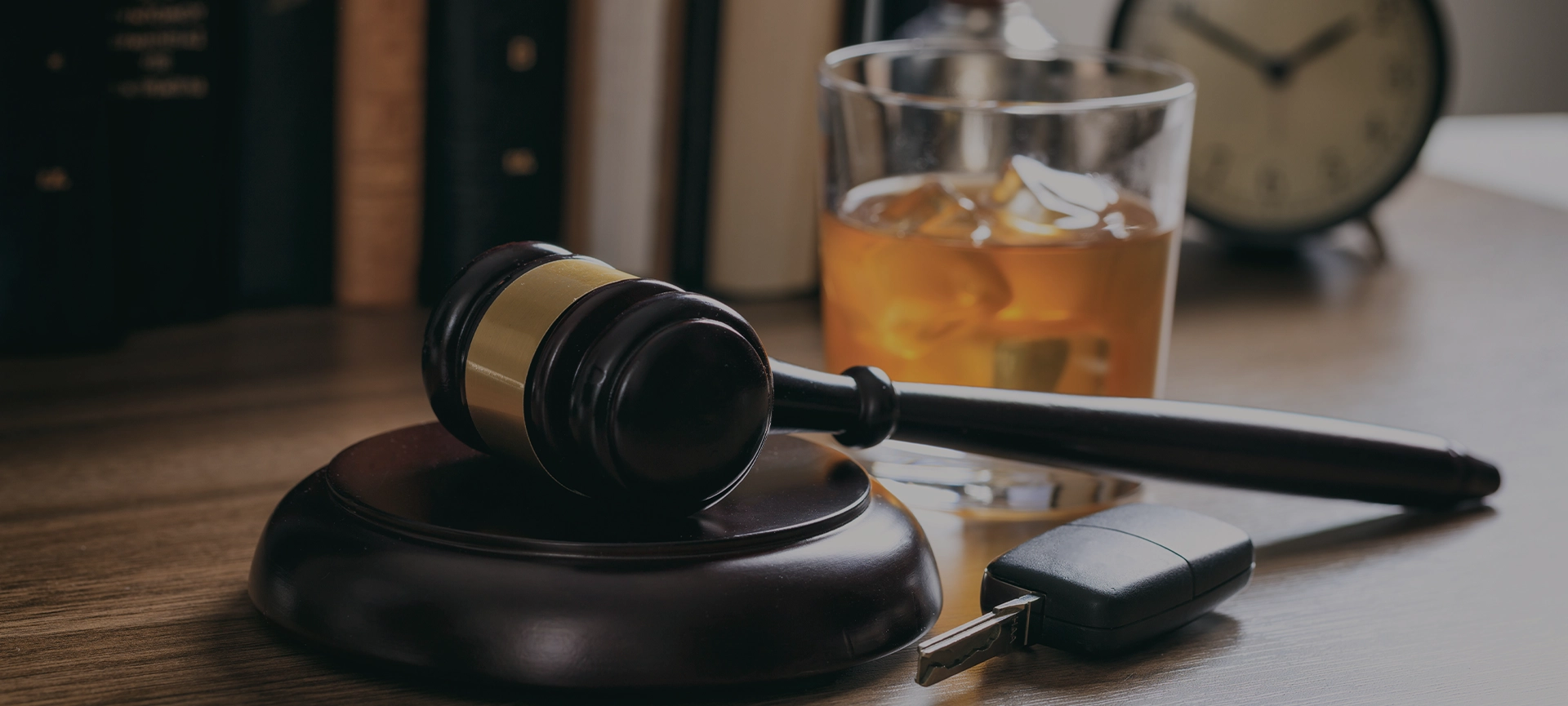Earlier this week AGP partner, Michael Spratt joined CBC’s Matt Galloway to talk about the horrible conditions in Ontario’s jails and why we should all be worried about how we are treating inmates.
Listen to the full interview here: CBC The Current
or read the full transcript below:
MG: The case of Soleiman Faqiri is raising significant questions about the way that people with mental illness are treated inside the correctional system in this country. Michael Spratt is a criminal lawyer. Partner at AGP Law in Ottawa and host of the legal podcast The Docket. Michael, good morning.
MICHAEL SPRATT: Good morning.
MG: When he died, Soleiman Faqiri was in remand custody. What is that?
MICHAEL SPRATT: It’s hard to actually describe the depth of the deplorable conditions that we have in Ontario for remand. These are individuals who are presumed innocent, who are kept in custody without programming, without counselling, largely without treatment. Often three to a cell. Denied family visits. It is some of the worst, most heartbreaking conditions you could imagine.
MG: And as you said, presumed innocent.
MICHAEL SPRATT: That’s right. And I mean, it’s not a secret how bad the conditions are. We’ve seen reports in the media of women giving birth in their cells. Of triple bunking, of mouldy food. Of, of feces and blood-soaked linens. The conditions are stomach-turning. And I guess the real tragedy is that the government is fully aware of those conditions, and courts have ruled it’s a deliberate policy choice.
MG: These are people who are waiting for their court date, right?
MICHAEL SPRATT: That’s right. These are people who have not been found guilty of anything. Often the individuals in remand are some of the most marginalized and vulnerable people. People with mental health issues, people suffering in poverty. Unhoused individuals. People with addiction issues. You know, you don’t find many bankers and Bay Street professionals in remand. Usually these are individuals who are already in a very bad place.
MG: Soleiman Faqiri was awaiting transfer to a hospital for acute psychiatric care. What, what kind of mental health care — and you’ve kind of hinted at this — would people be entitled to when they’re in remand?
MICHAEL SPRATT: Almost nothing. Sometimes there can be visits from, from some psychiatrists or psychologist in jail, but quite often the solution to helping people with mental health issues in jail is to put them in isolation — to cut them off even further in a cold, hard cell. One of the most frustrating things as a lawyer is seeing my clients who want help, whose mental health has largely driven, you know, their past record or maybe the current allegations. And they want help, but they can’t get help and I can’t get them help either.
MG: For people who are in that circumstance, I mean, what is the alternative? And it’s– one is to get them into a mental health facility. But if you are being held in remand, what’s the alternative? Because the facility isn’t a mental health facility. It isn’t a mental health hospital.
MICHAEL SPRATT: Yeah. I mean, we send people to jail when they’re convicted AS punishment. Not FOR punishment. And these are individuals who haven’t been convicted of anything. But the solution is to make sure that we have places in hospitals for individuals who are suffering from acute mental health issues. We have individuals now who have court-ordered assessments at hospitals, but they can’t go. They’re delayed and they’re kept in jail because there simply isn’t room in some of our health care institutions. And one of the other solutions is to rethink how we deal with these individuals on remand. It seems bonkers to me that we would have someone with a mental health issue, say we need to keep them in custody to protect the public, and then, you know, release them without treatment at some time later. Jails and correctional facilities — if, as a last resort we need to keep someone there, that should be the easiest place to get help and treatment, not the hardest.
MG: How difficult of a situation can the guards be placed in at times? Because one of the things we heard — we just heard this from Shanifa — is that guards were filming Soleiman’s Faqiri in his cell in the days leading up to his death. And the suggestion was that this was an effort to show officials that he needed more help.
MICHAEL SPRATT: Yeah. And I’ll be clear, there are good jail guards. There are good people who work in our jails. One of the reasons that Adam Capay, the young man in northern Ontario who spent, you know, years in solitary confinement–
MG: Fifteen, fifteen hundred days.
MICHAEL SPRATT: That’s right. With mental health issues, in conditions that were literally torturous. The one reason why we found out about that case is because a jail guard let the human rights commissioner know when she was there. And, you know, was a whistleblower. So there are good people that work in our jails. But our jail guards aren’t trained to be mental health facilitators, they’re not trained to be doctors. And despite the fact there are good, good guards, they are cogs. They live in a culture that is punitive, and where conduct like we saw in Soli’s case is hardly punished. If you’re a construction worker and you break the rules and someone dies, usually you are charged with something. If you– If someone dies in your care when you’re breaking the rules at your hands, there should be consequences beyond a manager being fired. And I think that that’s what we need to look at, too.
MG: I want to go, I want to go back to the solitary confinement thing in a moment. But just because of the– you raised the charges. The OPP looked into this case, the Ontario Provincial Police, and didn’t lay charges against the guards that were involved in the death of Soleiman Faqiri because there wasn’t a reasonable prospect of a conviction. What do you make of that?
MICHAEL SPRATT: It seems that there’s a sliding scale of what a reasonable prospect of conviction means. It’s different, I would guess, for you or me than it is–
MG: What does that mean? I mean, the Crown is the one that determines this, right?
MICHAEL SPRATT: Well, the OPP determine whether there’s a reasonable prospect of conviction before they lay charges.
MG: OK.
MICHAEL SPRATT: There’s a separation there. And sometimes they get input from the Crown. But it often seems when it comes to police, when it comes to politicians, when it comes to people in position of power, that the standard of a reasonable prospect of conviction may be lower in those cases. In this case, you had a number of individuals who are breaking the rules in position of power, and, you know, walked into a cell, delivered violence on an individual who died. I think that there may only be not a reasonable prospect of conviction in a case like that if you don’t try for a conviction.
MG: Soleiman Faqiri, as you mentioned, was in solitary confinement when he died. The federal government has banned that practice in federal prisons, but to your point, Adam Capay was held in northern Ontario in solitary confinement for something like 1500 days. A minister– The minister who was responsible for, I believe, provincial jails at the time, knew about this and met him, right? And spoke with him. What do we know about the rules that govern solitary confinement in provincial jails across this country?
MICHAEL SPRATT: So, I mean, there are some rules. The minister needs to be notified; there are purportedly some standards. But here’s the thing about the rules: they only matter if they’re applied. I mean, there’s also rules that you shouldn’t beat an inmate to death. But the thing about solitary confinement is that it’s not just being alone. Which, you know, to you or me on a normal day, I would relish the chance to be alone. Solitary confinement in jail is one of the most punitive, devastating consequences that an inmate can suffer. Alone in a cell with no contact, with no family visits, with no yard, sometimes with no access to a shower, and everything taken away from you. So nothing. You have absolutely nothing in the cell with you. And for someone with a mental health issue, you know, to cut them off from family, to cut them off from community supports and to leave them alone, is a punishment that is unimaginable.
MG: Just finally, this inquest is going to deliver recommendations on how to avoid a repeat of what happened to Soleiman Faqiri. And there have been a number of other cases of people dying in custody. Other inquiries, other campaigns by family members who have looked for answers. Based on what you know, how likely is it that those recommendations will actually end up leading to real change and not just get dusty on a shelf somewhere?
MICHAEL SPRATT: I’m not optimistic. Because it’s not like we don’t know that these problems exist. It’s not like this is going to be a revelatory moment for the government. This is a government who the Superior Court in Toronto found knew about conditions like this, but were ignoring them for financial reasons.
MG: But your point was we also need to rethink more broadly as a society. We need to rethink a few things, including that idea of, of remand custody. Who we’re holding and for how long and why.
MICHAEL SPRATT: I think we do, but this government has taken a step back. We used to have community councils for each jail, with members of the public and professionals who could have access to jail to shine a spotlight, to show some sunlight in that institution. To expose problems like this so that, so that they could be corrected before there was, you know, the ultimate tragedy. But those councils and those organizations have been disbanded by the government, so it seems like we’re walking back. And I mean hopefully, with, you know, this terrible, terrible tragedy and inquest, maybe we can take some steps forward again.
MG: Michael, thank you very much.
MICHAEL SPRATT: No problem. Any time.
MG: Michael Spratt, criminal lawyer, partner at AGP Law in Ottawa, and host of the legal podcast The Docket.





